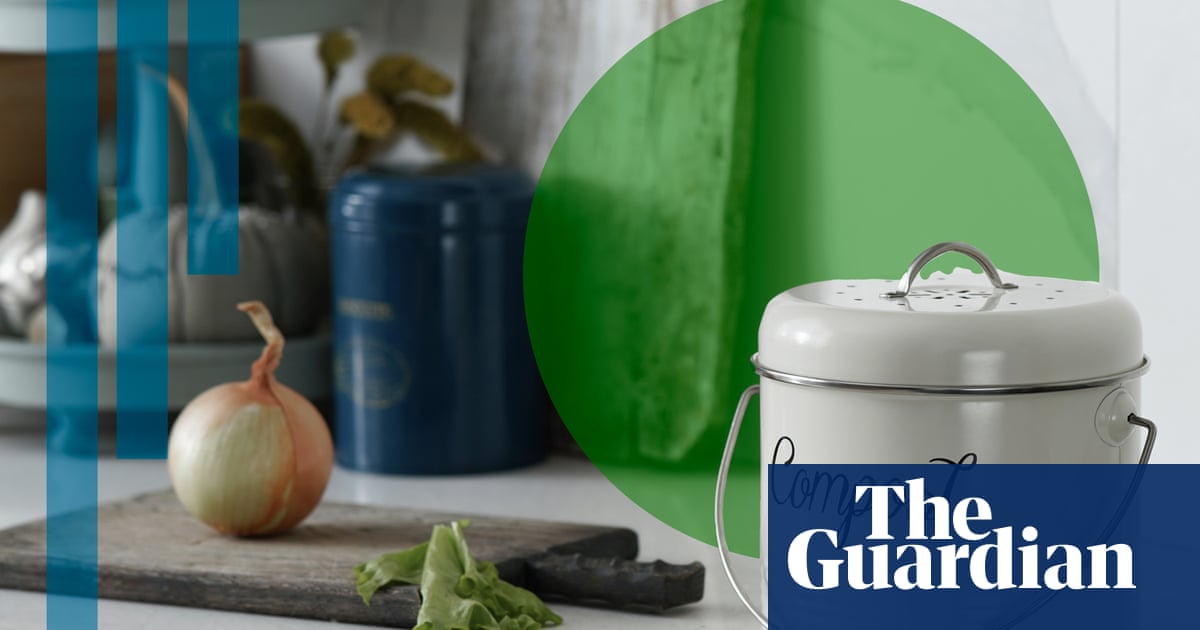Composting is a fantastic way to cut down on household waste and greenhouse gas emissions. By turning food scraps into nutrient-rich soil, we can help our environment. Here’s how to get started.
How Composting Works
Composting involves recycling organic materials like food scraps and garden waste. When these materials decompose in a landfill, they create methane, a harmful greenhouse gas. In contrast, composting reduces emissions significantly—some studies suggest it can lower CO2 equivalent gases by over 50% depending on the method used. In Australia alone, about 3% of emissions come from food waste, with households wasting nearly a third of all food they buy. This waste is often compostable.
Things to Think About Before You Start
Before diving into composting, it’s helpful to rethink how you handle food and shopping. Rachel Kernaghan from Kimbriki, a waste and recycling center in Sydney, recommends planning your meals and making grocery lists to minimize waste.
Choosing Your Composting Method
There’s a variety of composting methods available, so you can find one that fits your situation. Rebecca Bliss from Sustainability Victoria emphasizes that composting should be convenient and straightforward. Here are some options:
-
Compost Heap: This traditional method is a simple pile of organic waste. However, it can attract pests and odors.
-
Enclosed Bins: These bins contain smells and pests while still effectively composting.
-
Worm Farms: These small, stacked boxes use worms to break down food scraps into rich worm juice. They’re low-maintenance and fit well in small spaces, like apartments or balconies. However, they can handle less waste and require specific food types.
- Bokashi Bins: These ferment food scraps and can process items that other systems can’t, such as meat and citrus. They take up little space and can be used indoors.
If you’re unable to compost at home, consider donating food scraps to community composting programs or using industrial systems where available.
Innovative Solutions
Some councils offer industrial composting services, collecting organic waste from homes and processing it on a larger scale. These systems can handle a wide variety of organic materials, including bones and compostable packaging. The resulting compost is often used in parks and agricultural projects.
Support and Resources
Navigating composting options can feel overwhelming. Many councils and gardening groups offer workshops that provide guidance and discounted materials. Compost Revolution, for example, helps people find the right composting method for their needs, offering quizzes and tutorials to make the process easier.
David Gravina, founder of Compost Revolution, notes the social benefits of composting, saying it helps individuals reconnect with nature while reducing waste.
Conclusion
No matter how you choose to compost, the important thing is to get started. Not only does it benefit the environment, but it also fosters a deeper appreciation for the resources we consume.
For more in-depth information, you can visit sources like Drawdown or Australia’s Department of Climate Change.





















